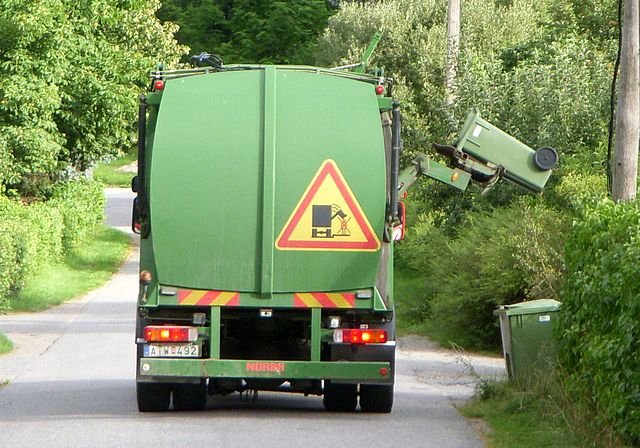Computer-based technology continues to transform our lives and lead to innovation in industries crucial to the earth’s ecological balance. One such sector benefiting from new inventions is waste management, which is responsible for keeping communities clean through waste removal and recycling. This sector utilizes digital tools that work together to advance global sustainability efforts and ensure the smooth running of operations at waste management companies.
To learn more, here’s how digital technology enables efficient waste management:
Management Through Cloud-Based Software
The waste management process has become more streamlined thanks to smart waste management software and cloud computing. These computer applications help in tracking, customer service, controlling, monitoring, scheduling, organizing, and optimizing waste collection and administration. They give a digitized outline of locations where waste needs to be managed. It means displaying real-time data on bin waste levels, dumpster truck routing, and overall waste inventory.
This technology can also be used in entire districts on a large scale or by a single waste collection company. The whole management operation can be done in a semi-automated process between a waste collector and an IT company, such as https://fusioncomputing.ca/ and similar ones for running and management. The information generated by these programs creates a large volume of data that requires cloud services to transmit and store. Thus, it becomes necessary to be on a cloud-based platform to maintain efficiency.
Pneumatic Sorting
Separating waste is essential to reducing the chances that its byproducts don’t end up in a landfill and pollute the environment. It’s also necessary to classify waste according to recyclable materials and those that need a different disposal method.
While waste management industries mostly still use manual labor to carry out this process, the ongoing development of digital technology is likely to change this in the form of robots. Industrial robotics is an emerging science where robots are created to use pneumatic or sensor-based sorting to deconstruct waste into its simplest parts.
These robots use detectors and computerized image recognition to identify what rubbish can be dismantled to reuse or throw away its components. Doing this increases waste sorting efficiency and operational effectiveness by saving time, labor, and floor space in waste management plants.
Automation Through AI
Artificial intelligence can improve the waste management industry by providing solutions on how to optimize operations. These AI and neural networks can, among many things, use data to pinpoint the causes of waste within a particular sector. It then uses this information to configure the best possible model for a waste management company to reduce the amount of waste produced or give sustainable solutions on how to dispose of it.
For instance, an AI system can weigh food ingredients in a restaurant against usage frequency. Then, it can be used to determine how much product is needed to reduce waste and improve food waste management. Another AI application is through autonomous waste cleaning machines such as street sweepers. These processes are completed through automation and machine learning algorithms to minimize human involvement.
Smart Technology Products
It’s no secret that the internet of things is revolutionizing how people live. This constant connection of physical devices and goods to the internet and computer software also impacts waste management. Technology products such as smart bins, e-waste recycling kiosks, and waste level sensors have become commercially available for consumers, businesses, and high-density cities.
These devices can process materials for recycling faster and eliminate the human error that comes with incorrect recycling. Sensors can detect the levels of waste in a dumpster or trashcan to inform waste management when bins need to be collected. Doing this maximizes resource use, leading to cleaner urban environments by preventing overflowing rubbish from polluting the surrounding area.
Data Analysis
Data analysis is key to utilizing digital technology in waste management optimization. Information collected through cloud services, smart technology, and AI can optimize waste management. It can be done by discovering patterns that lead to developing a more efficient business model, enhancing accuracy, and reducing costly errors.
For instance, data analysis can help identify better routes for refuse removal trucks or how to eliminate the amount of unrecyclable waste that mistakenly lands up in landfills. It can also calculate and estimate trends and the volume of waste produced within an area and evaluate how efficient the current management system is to make improvements where applicable.
Conclusion
Smart waste management technologies enables efficient waste management through computer software, data utilization, and artificial intelligence. These systems can be integrated and automated using smart devices that work together to improve operations such as waste sorting and waste level detection.
Furthermore, digital technology in waste management contributes to greater efficiency by using data analytics to discover trends and identify patterns that can be used to construct a better business model for the waste management company. In the end, although humans will always play a role in waste management, future technology will increasingly take over most of the labor involved.








